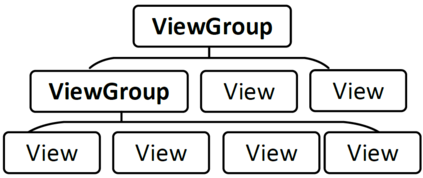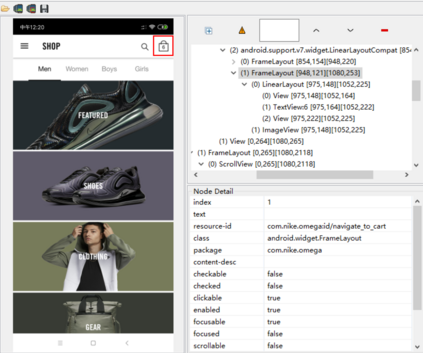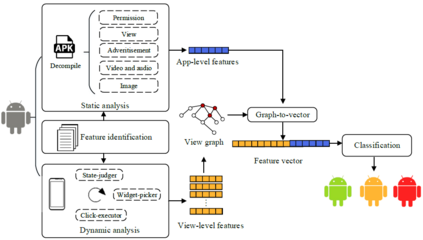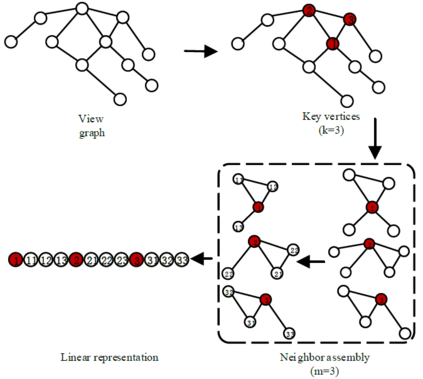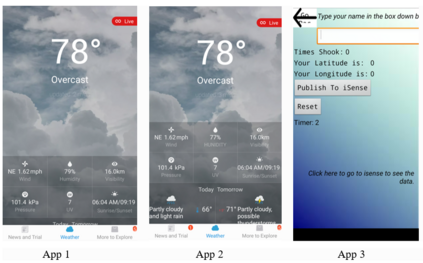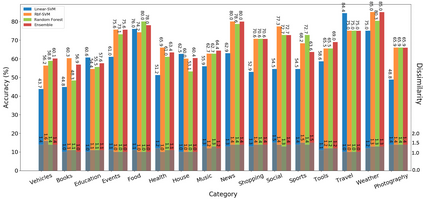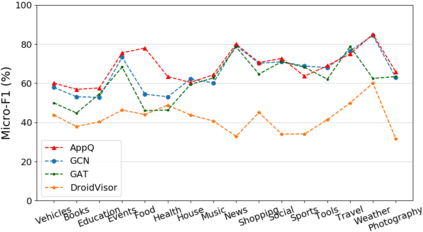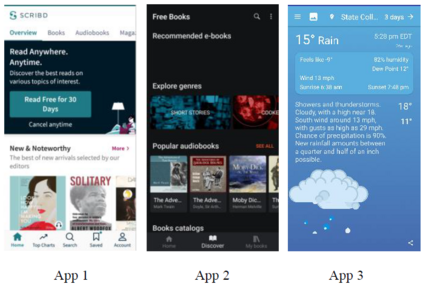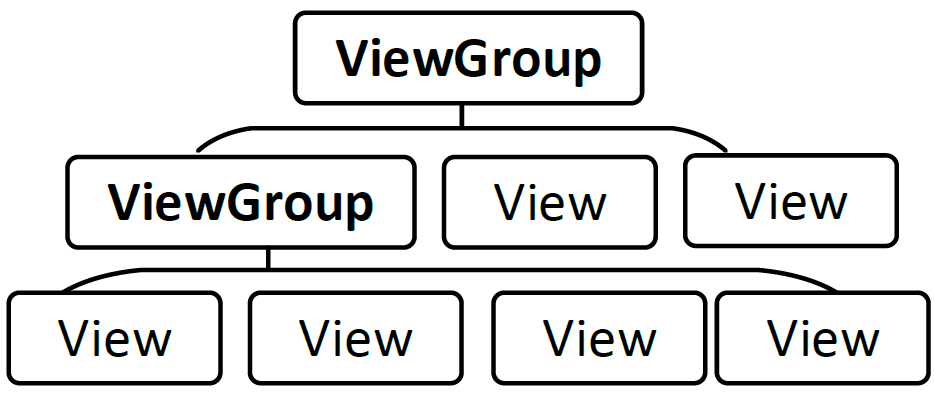Current app ranking and recommendation systems are mainly based on user-generated information, e.g., number of downloads and ratings. However, new apps often have few (or even no) user feedback, suffering from the classic cold-start problem. How to quickly identify and then recommend new apps of high quality is a challenging issue. Here, a fundamental requirement is the capability to accurately measure an app's quality based on its inborn features, rather than user-generated features. Since users obtain first-hand experience of an app by interacting with its views, we speculate that the inborn features are largely related to the visual quality of individual views in an app and the ways the views switch to one another. In this work, we propose AppQ, a novel app quality grading and recommendation system that extracts inborn features of apps based on app source code. In particular, AppQ works in parallel to perform code analysis to extract app-level features as well as dynamic analysis to capture view-level layout hierarchy and the switching among views. Each app is then expressed as an attributed view graph, which is converted into a vector and fed to classifiers for recognizing its quality classes. Our evaluation with an app dataset from Google Play reports that AppQ achieves the best performance with accuracy of 85.0\%. This shows a lot of promise to warm-start app grading and recommendation systems with AppQ.
翻译:目前的应用程序排名和建议系统主要基于用户生成的信息,例如下载次数和评级数量。然而,新应用程序通常很少有(甚至没有)用户反馈,且受到经典的冷启动问题的影响。如何快速识别和推荐高质量的新应用程序是一个具有挑战性的问题。这里的一个基本要求是,根据应用程序的天生特点,而不是根据用户生成的特性,准确测量其质量的能力。由于用户通过与其观点互动获得应用程序的第一手经验,我们推测,新应用程序的诞生特征主要与一个应用程序中个人观点的视觉质量和观点相互转换的方式有关。在此工作中,我们提议AppQ,一个创新的应用程序质量分级和建议系统,根据应用程序源代码提取应用程序的原始特征。特别是,AppQ在进行代码分析的同时进行代码分析,提取应用程序级的特征,以及动态分析,以获取视图的版式布局等级和视图的切换。每个应用程序随后以可归属的视图图表的形式表达,该图表将转换成一个矢量器,并提供给分类师,以确认其质量的类别。我们提议,AppQ,一个新的应用程序评级系统将实现最佳的准确性排序。

